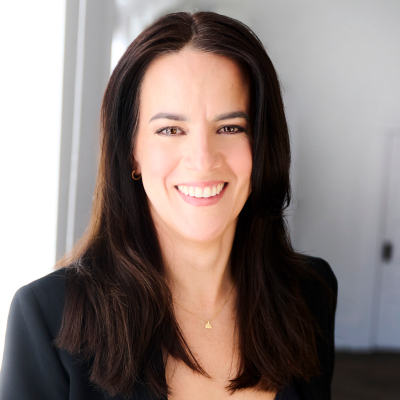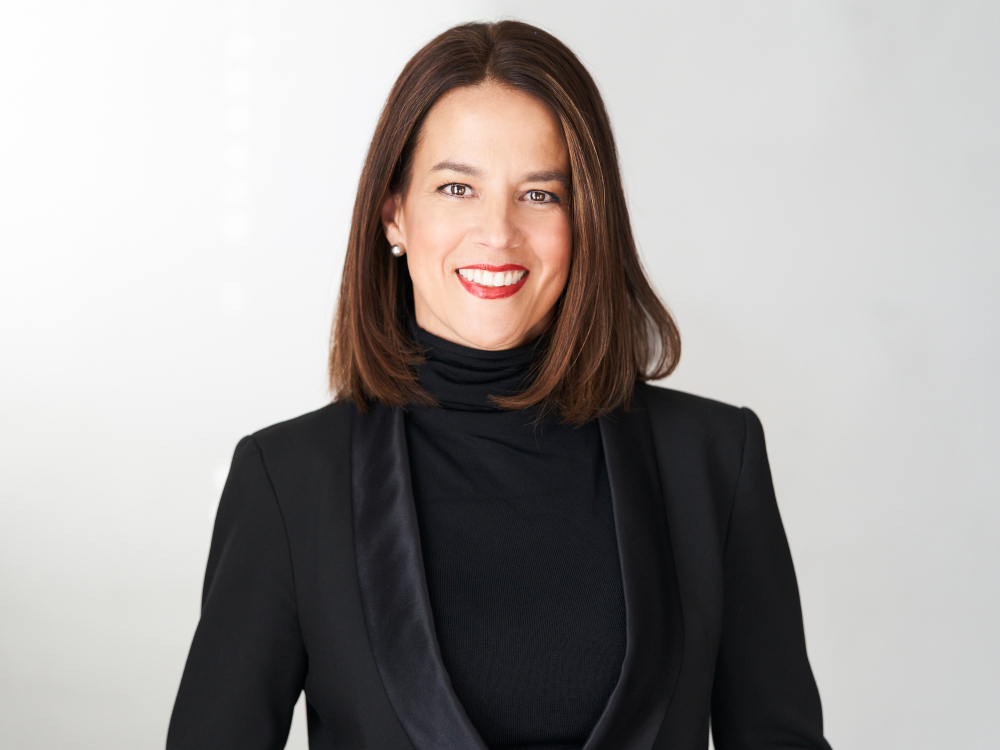This article is part of our October special report on managing family businesses and family offices across the generations. To see all the articles, click here.
We like to imagine wealth passing smoothly from one generation to the next, the torch handed over with grace, the legacy continuing effortlessly. But behind the polished exterior of many family enterprises lies something far more complex: the emotional weight of success.
As more Canadian family offices guide their clients through succession, one question looms large: How do you help heirs carry the weight of wealth without letting it crush them? And how do you help founders let go without losing their sense of self?
The answer lies in normalizing one of the most difficult conversations in wealth management — the emotional evolution of an enterprise that was built from scratch.
When wealth becomes a trap

Wealth is rarely just financial. It’s identity, pride and legacy rolled into one. Many founders poured decades into building something from nothing. That intensity is what made them successful, but it’s also what makes letting go so hard.
For heirs, stepping in can feel equally daunting. They’re often compared to the founder, measured against a standard set long before they arrived. Even when the transfer is well-structured, emotions tend to run high because the business represents more than income—it’s proof of purpose.
This is where family offices play a crucial role. They are uniquely positioned to help families get their houses in order—not just financially, but relationally and strategically. Their value lies in transforming emotional conversations into constructive, structured ones before tensions erupt.
Emma’s story
Take Emma, a composite drawn from real families across Canada.
Her father, Tom, had built a successful manufacturing firm from the ground up. He was brilliant, tireless and deeply proud of what he’d created. From a young age, Emma was told, “One day, this will be yours.” She studied finance, joined the business, and rose quickly.
On paper, everything worked. Behind the scenes, however, the weight was suffocating. Every decision she made was compared to Tom’s. Every mistake was amplified. Every success was quietly dismissed as “beginner’s luck.”
By her early thirties, Emma was quietly disengaging—not from ambition, but from exhaustion. She loved the company, but she couldn’t breathe inside it.
When the family office finally stepped in, they didn’t start with spreadsheets. They started with structure, by:
- Facilitating conversations between father and daughter.
- Clearing up role definitions.
- Establishing a governance framework that separated family emotion from business function.
It wasn’t therapy. It was alignment.
Once clarity replaced assumptions, trust began to rebuild. Tom could see Emma as a leader, not a successor, and Emma could see herself as capable, not conditional.
Her story is not unique. It’s a reminder that before you can plan financially, you must plan emotionally.
What family offices can do
Family offices are in the business of wealth, but the best ones understand that wealth without clarity leads to chaos. Their job is to bring order, neutrality and calm to what are often deeply personal conversations.
Here’s how their guidance can be transformational:
Start with education that goes beyond numbers: Heirs need more than financial literacy—they need emotional literacy. Introduce them early to leadership principles, family governance and values-based decision-making. This will help build confidence and reduce dependency.
Create safe spaces for experience: Allow next-gens to lead projects or initiatives where failure is a lesson, not a liability. Controlled autonomy teaches stewardship better than observation ever could.
Normalize emotional support: Encourage access to coaching or mentoring, not as crisis management but as leadership development. A family that invests in emotional resilience is one that sustains both harmony and performance.
Build governance that guides, not restrains: Documents don’t kill emotion, but ambiguity does. Define decision rights, leadership timelines and exit protocols early. This gives every voice a place and prevents emotion from filling the gaps that structure should cover.
Make “getting the house in order” an ongoing practice: Succession is not an event; it’s a living process. Encourage families to revisit their plans regularly, just as they would their investment portfolios. A well-run family office becomes the quiet engine that keeps everything aligned.
From emotion to structure
For family offices, helping clients navigate succession is about far more than transferring shares. It’s about removing emotion from the mechanics so that relationships survive the process.
For families, it’s about recognizing that asking for help doesn’t mean losing control—it means protecting what you’ve built.
When guided properly, structure becomes a form of empathy. It preserves the relationships that matter most while ensuring the enterprise continues to evolve. Because the real measure of legacy isn’t how much wealth is passed down — it’s how well it’s managed, protected and understood.
When family offices and families work together with clarity and compassion, wealth becomes what it was always meant to be: not a burden, but a bridge.
Elke Rubach is a Certified Financial Planner with CLU and MFA-P designations. Her expertise lies in optimizing income and tax efficiencies, achieving cohesiveness in financial and estate plans, and providing ongoing asset management strategies that foster wealth accumulation and growth. Elke is a reformed lawyer who earned her graduate degree in law, with a focus on banking and finance, at the London School of Economics, where she studied on a Chevening Scholarship. She worked as an associate at the London (U.K.) and Toronto offices of the law firm McCarthy Tetrault. During a stint in banking, Elke observed the life-changing impact of good financial advice and decided to switch to a career in financial planning and wealth management. She founded Toronto-based Rubach Wealth in 2012. Today, Elke is a sought-after speaker on wealth management, estate planning and philanthropy. She’s the founder of Fashion Heals for SickKids, which has raised more than $500,000 for pediatric cancer care and research since 2016. She also gives back with board and volunteer commitments with the Professional Advisory Council for SickKids Foundation, the Investment Committee at the Office of the Public Guardian, the advisory board for Transpod Inc., and the board of Ronald McDonald House Charities in Toronto.
The Canadian Family Offices newsletter comes out on Sundays and Wednesdays. If you are interested in stories about Canadian enterprising families, family offices and the professionals who work with them, but like your content aggregated, you can sign up for our free newsletter here.
Please visit here to see information about our standards of journalistic excellence.

